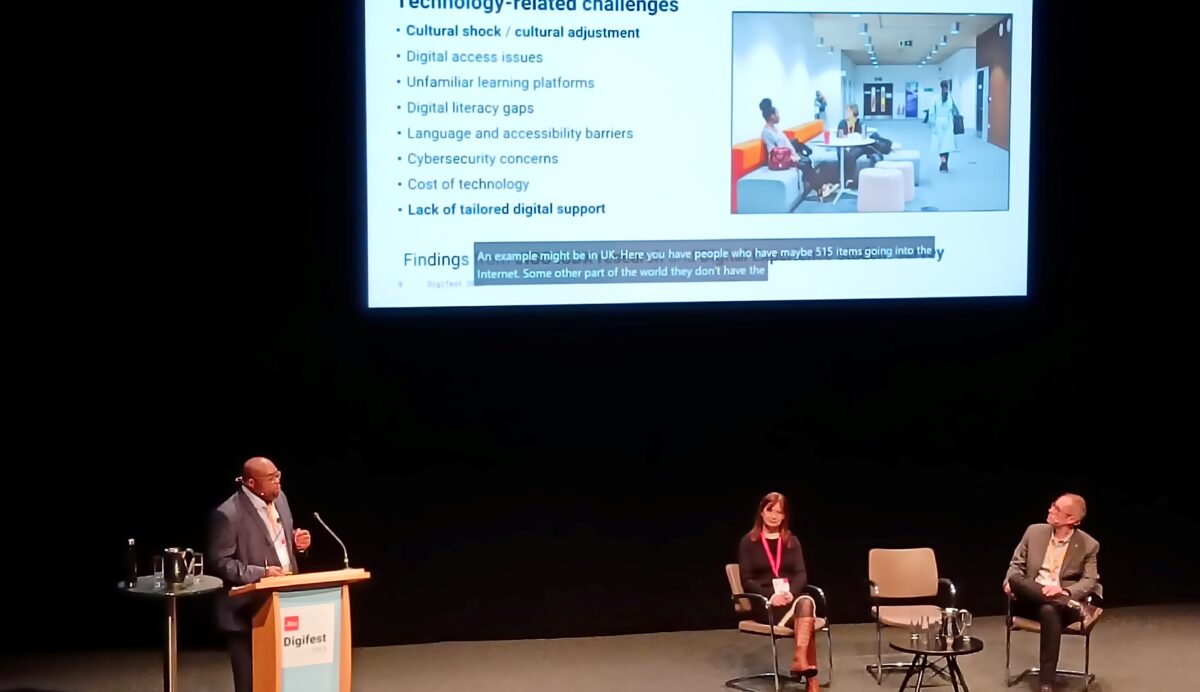I recently attended day 2 of Digifest 2025, an annual conference curated by Jisc that explores and brings together technology, pedagogy, and policy. Two sessions focused on accessibility and inclusivity, and in this blog post, I will outline some key takeaways from each.
Enabling a More Inclusive Digital Environment for International Students
In this session, representatives from the University of Northampton and the University of Leeds discussed the digital environment support they have put in place for international students. Common themes ran through both talks, mainly around the 'digital shock' experienced by international students when joining a university in the UK.
In the International Students' Digital Experience report published by Jisc, it was noted that: It can often take months for international students to become familiar with systems and processes in their chosen learning destination. Research has shown that digital shocks commonly coincide with culture and learning shocks and that, overall, these challenges can affect a student's wellbeing and performance.
Both speakers found challenges that included:
- Early understanding of tools and platforms.
- Digital access issues.
- Unfamiliar learning platforms.
- Lack of tailored digital support.
- Awareness and expectations of available support, including communication with academic staff.
- Language and accessibility issues.
The University of Leeds reinforced the need for students to gain an early understanding of tools and platforms, such as the Virtual Learning Environment and lecture capture. The University of Northampton has established digital support networks for international students and provides a thorough digital orientation.
From listening to both speakers, it was clear that an early digital induction from central teams is important in lessening the digital shock experienced by international students. The teams providing this support will differ at every University. At Leeds a Digital Capabilities Working Group has been established. It coordinates collaboration between professional services and academic staff on the development and promotion of digital capabilities opportunities and learning resources for staff and students. This example of a joined-up approach from central teams and academic departments leads to consistency in delivery which can only benefit the digital experience for all students.
Lived Lessons: Advancing Accessibility in Education
In this session, Piers Wilkinson, senior policy and campaigns lead at Diversity and Ability, emphasised the opportunities for education providers to learn from staff and students who are deaf, disabled, or neurodivergent.
Piers outlined four ways to involve staff and students when evaluating and implementing solutions. This could be rolling out a new piece of software or redesigning a course:
- Co-production.
- Co-creation.
- Co-design.
- Co-consultation.
He suggested that co-consultation is often done at the end of a project or piece of work. However, do we involve students with lived experiences of co-producing, co-creating, or co-designing from the start? In the context of the Technology Enhanced Learning team, we would love to know if anyone has ever co-produced their Moodle space from the outset with students who are deaf, disabled, or neurodivergent.
The session was conversational in tone, and audience questions prompted thoughts about staff training and capability. Piers likened accessibility training to fire safety and cyber security. Why are new employees at any organisation not required to do accessibility training as part of the onboarding process? "If it's not mandatory, people will jump through loopholes."
Finally, Piers discussed the delivery of training. In his view, there are three parts to make it successful:
- Good facilitation - not just presenting a slide deck.
- The trainer should be disabled - this is an example of 'lived experience'.
- A subject expert should deliver the training.
Throughout the session, references were made to the Abrahart case - highlighting the importance of universities making reasonable adjustments for students with disabilities (even if the disability is not formally diagnosed). This case emphasises that universities must proactively consider and implement accommodations to support all students, ensuring that their assessment methods do not inadvertently discriminate against those with mental health challenges.
By Tom Brunsdon - Learning Technologist, TEL Team
Respond

